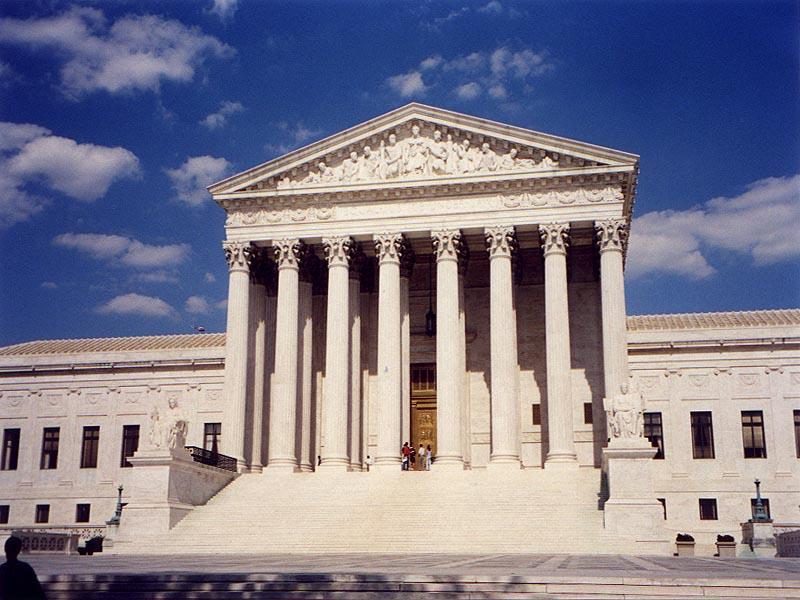Share this
From The Washington Post:
By Robert Barnes, Published: September 26
The Justice Department said Monday evening that it had decided not to ask the full U.S. Court of Appeals for the 11th Circuit in Atlanta to take up the case. A three-member panel of the court last month decided 2 to 1 that Congress overstepped its authority in passing the Affordable Care Act, which requires virtually all Americans to obtain health insurance.
Appeals courts that have considered the law are split.
In June, a divided panel of the U.S. Court of Appeals for the 6th Circuit in Cincinnati upheld the health-care law in a separate case.
Earlier this month, a panel of the U.S. Court of Appeals for the 4th Circuit in Richmond turned down a challenge to the law brought by the Commonwealth of Virginia and others.
The timing of how to respond to the loss in the Atlanta appeals court and when to seek Supreme Court consideration has prompted considerable political speculation about President Obama’s signature domestic achievement.
The law is one of the most contentious and visible ways the president differs with his Republican challengers. A Supreme Court decision either way — that the law is a valid exercise of Congress’s power or an unconstitutional overreach — could have political effects neither side can predict.
The administration might have been able to delay a ruling on the law until after the election if it had asked for an en banc review, meaning that all the judges on the 11th Circuit would hear the case. But administration officials came to the conclusion it was time to move the issue on.
“It’s an open question whether going en banc would have been successful,” said one administration official who would not agree to be named discussing the decision. “It’s likely it wouldn’t have even been granted.”
Critics of the law had demanded the administration not drag its feet in getting the case to the high court, and Monday’s decision drew rare praise.
“Kudos to the Obama administration for agreeing that it is high time for the high court,” said Randy E. Barnett, a Georgetown law professor who has been one of the key architects of the legal strategy to challenge the law as beyond Congress’s constitutional powers.
Obama deserves “full credit for refusing to employ delaying tactics in this pressing constitutional controversy,” Barnett said.
The Supreme Court has great discretion in when and how to accept a case. But the key ingredients for making a case worthy of the court’s attention — a ruling by a lower court that an act of Congress is unconstitutional and a split among the circuit courts that have considered the issue — are present.
Under the court’s normal procedures, it must accept a case by January in order to render a decision by its traditional conclusion of the term at the end of June.
Already pending at the court is a petition from the Thomas More Law Center, a Christian-oriented law firm in Michigan that brought the case decided in the 6th Circuit. The administration’s response to that petition is due at the Supreme Court later this week, and may reveal more of its views on which of the cases the court should accept to decide the issue.
The work of the lower courts has produced a wide range of differing reactions to the law.
The two judges in the 11th Circuit majority said the health-care law’s individual mandate was a “wholly novel and potentially unbounded assertion of congressional authority.” The case was brought by Republican attorneys general in 26 states.
The 6th Circuit majority, on the other hand, found the coverage requirement “a valid exercise of legislative power by Congress under the Commerce Clause.”
The 4th Circuit judges produced yet another result. They threw out the challenge brought by Virginia Attorney General Ken Cuccinelli II on the grounds that the state did not have the right to challenge the law.
And it dismissed a second case by saying the penalty that results from the failure to obtain coverage was a tax. Tax provisions cannot be challenged until the tax is actually paid, the majority said, and the law’s penalties do not go into effect until 2014.
A separate challenge to the law was heard last week by a panel of the U.S. Court of Appeals for the District of Columbia Circuit. It is unclear when a decision will come in that case.
Staff writer Scott Wilson contributed to this report.
Share this
Contact Us
Have questions? Send us a private message using the form below.


